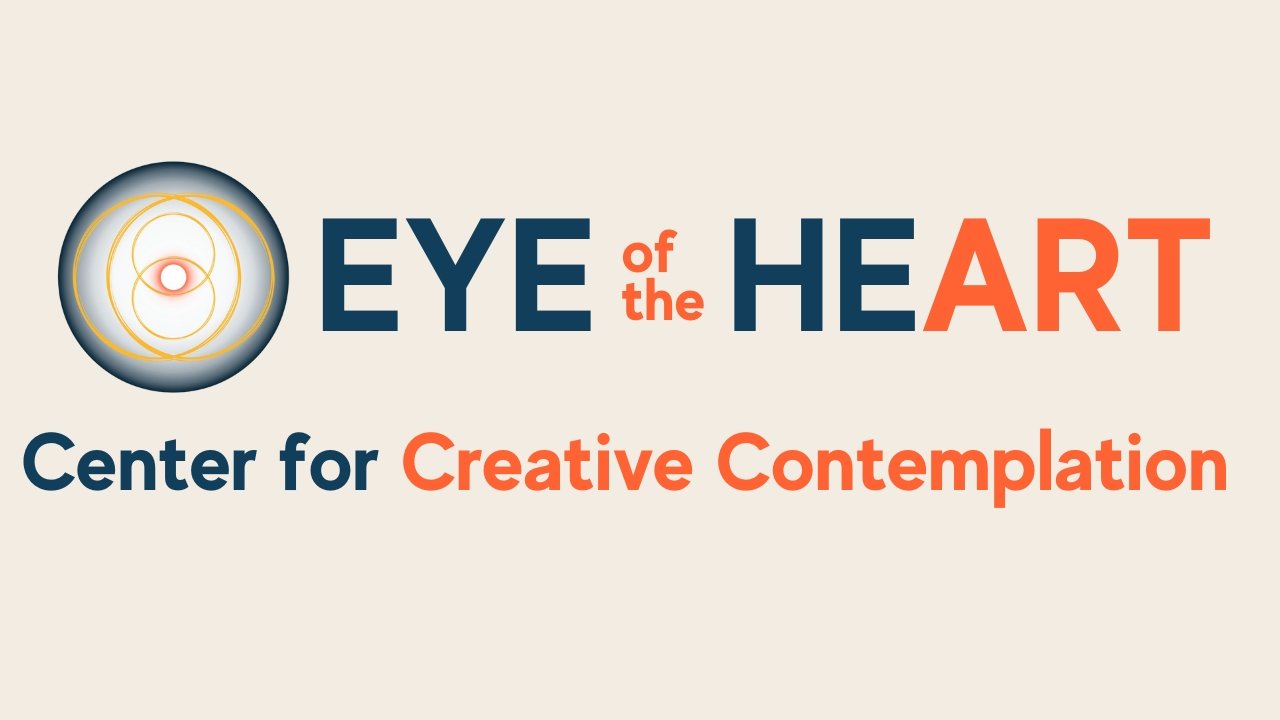Voice and Belonging: An Immersive Film and Conversation
No matter how you connect to Eye of the Heart Programs, we hope all our offerings help you connect with the voice of your inner knowing.
Our inner voice also relies on our outer voice. If we lose the physical voice, how does that impact our true voice? We are excited to invite you to an immersive film and conversation exploring voice and belonging. In this newsletter, film maker Lucy Matthews Heegaard shares the spiritual journey that inspired the film.
In my film Diplophonia, I chronicle my year-long experience with vocal cord paralysis.
For much of that year, I was unable to speak beyond a hoarse whisper. Doctors told me the paralysis could take three to twelve months to heal. Worse yet, they said there was no guarantee it would. I was in disbelief.
The most deeply jarring impact of being without my voice for such an extended time was how invisible I felt. For instance, answering the phone, I sounded so unintelligible to callers, many would hang up thinking they had the wrong number. I quit answering the phone. Venturing out in the world, things as simple as sharing pleasantries with a store clerk or saying hello to my neighbor across the yard became so difficult, I stopped trying. Even in conversations with close friends and family, they couldn’t hear me when I tried to make a joke or offer a helpful detail, so I stopped speaking up almost entirely. I felt like I had disappeared, like part of myself was missing. As caring as my loved ones were through it all, it was very lonely. Depression is a common side effect of voice loss.
Ironically, I didn’t set out to make a film about this experience. The only reason I began creating short vignettes about what I was going through—private stories, for myself alone—was because I was trying to cope with what was happening to me. I started by listening to the voice messages I had sent others since the beginning of my voice loss. At first, my purpose was to see if my voice was sounding better over time. But in hearing my own messages, I realized that even a few weeks after some events, I was already creating a different story in my head from what I had felt in the moment. Honoring what I really felt in every moment became my mission. Hearing myself fully and completely was my way getting through the experience. The film evolved organically from this process.
My biggest hope is that the film will offer support and comfort to those experiencing
voice loss or communication disorders, as well as to anyone experiencing an unexpected loss that challenges their sense of identity, belonging, and self-worth. And beyond that, I hope it will encourage reflection on what our voices mean to our sense of feeling connected to ourselves and to one another.
— Lucy Matthews Heegaard

